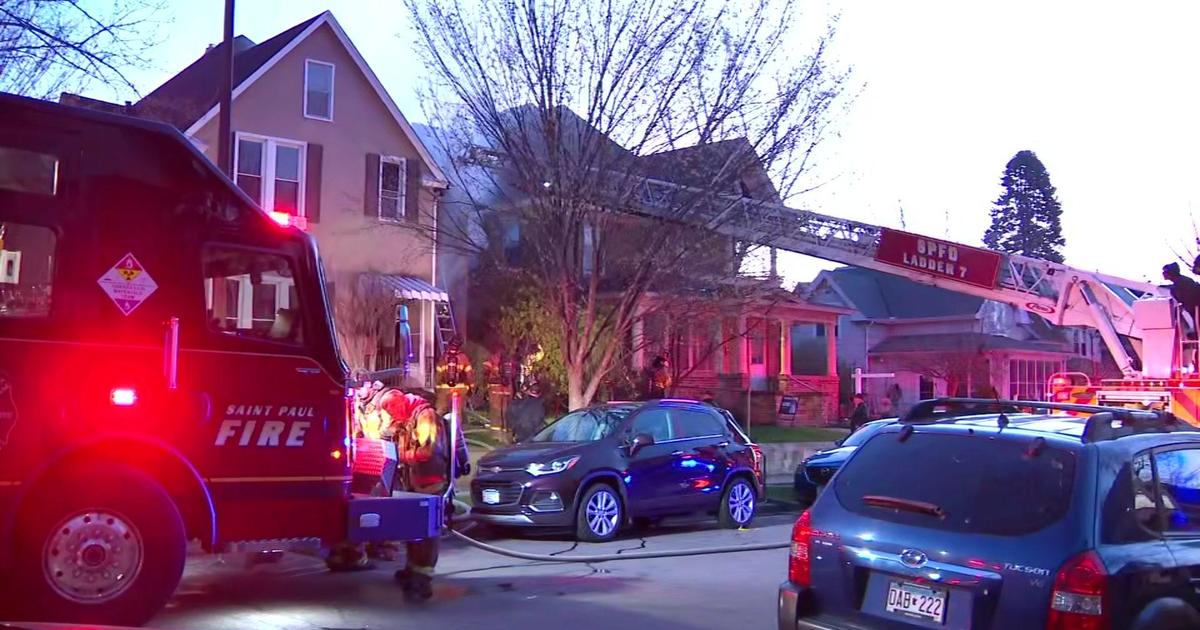House, Senate Meeting For Rare Saturday Sessions
ST. PAUL, Minn. (AP) -- The Minnesota House and Senate met Saturday for rare weekend sessions, but with just over a week to go before their constitutional deadline for adjournment they took no action toward their chief goal of closing the projected $5 billion shortfall in the state budget.
The House spent more than four hours on its bill to distribute millions of dollars in sales tax proceeds dedicated to programs for outdoor programs, clean water, parks and trails, and arts and cultural heritage. It finally passed on an 86-45 vote.
State voters approved the so-called "Legacy Amendment" in 2008, raising the sales tax by three-eighths of one percentage point to pay for those programs.
Urban and suburban Democrats harped on the Republican-drafted bill's distribution of the $449 million in sales tax proceeds, pointing out that 78 percent of the money was allocated for programs outside the seven-county Twin Cities metropolitan area.
"This is not balanced, this is not fair to those of us in the metro area," said Rep. Jean Wagenius, DFL-Minneapolis. "We have parks, we have habitats and it's being ignored in this bill. My constituents expected more when they voted for these legacy dollars."
Democrats tried to amend the bill to redistribute some of the money back into Twin Cities-area programs, prompting a long and passionate debate that split from traditional party lines as Democrats and Republicans from greater Minnesota teamed up to criticize metro-area colleagues. A handful of suburban Republicans supported the Democratic amendment, but it fell short.
The Senate passed its own version of the legacy bill earlier in the week with key differences to the House version. That puts it into a House-Senate conference committee.
The Senate met for a much shorter session earlier in the day and dealt only with a handful of policy bills, including a set of changes to the state's civil legal system.
One bill approved Saturday on a 42-20 vote shortens Minnesota's statute of limitations for filing civil lawsuits from six to four years. The other, which passed 36-26, creates an automatic court appeal to all certifications of class action lawsuits.
Republican sponsors say the changes will make the court system more efficient and reduce liability expenses for businesses. But Democratic critics say the bills, particularly the class action changes, will weaken Minnesota's tradition of strong consumer protection.
(© Copyright 2011 The Associated Press. All Rights Reserved. This material may not be published, broadcast, rewritten or redistributed.)



